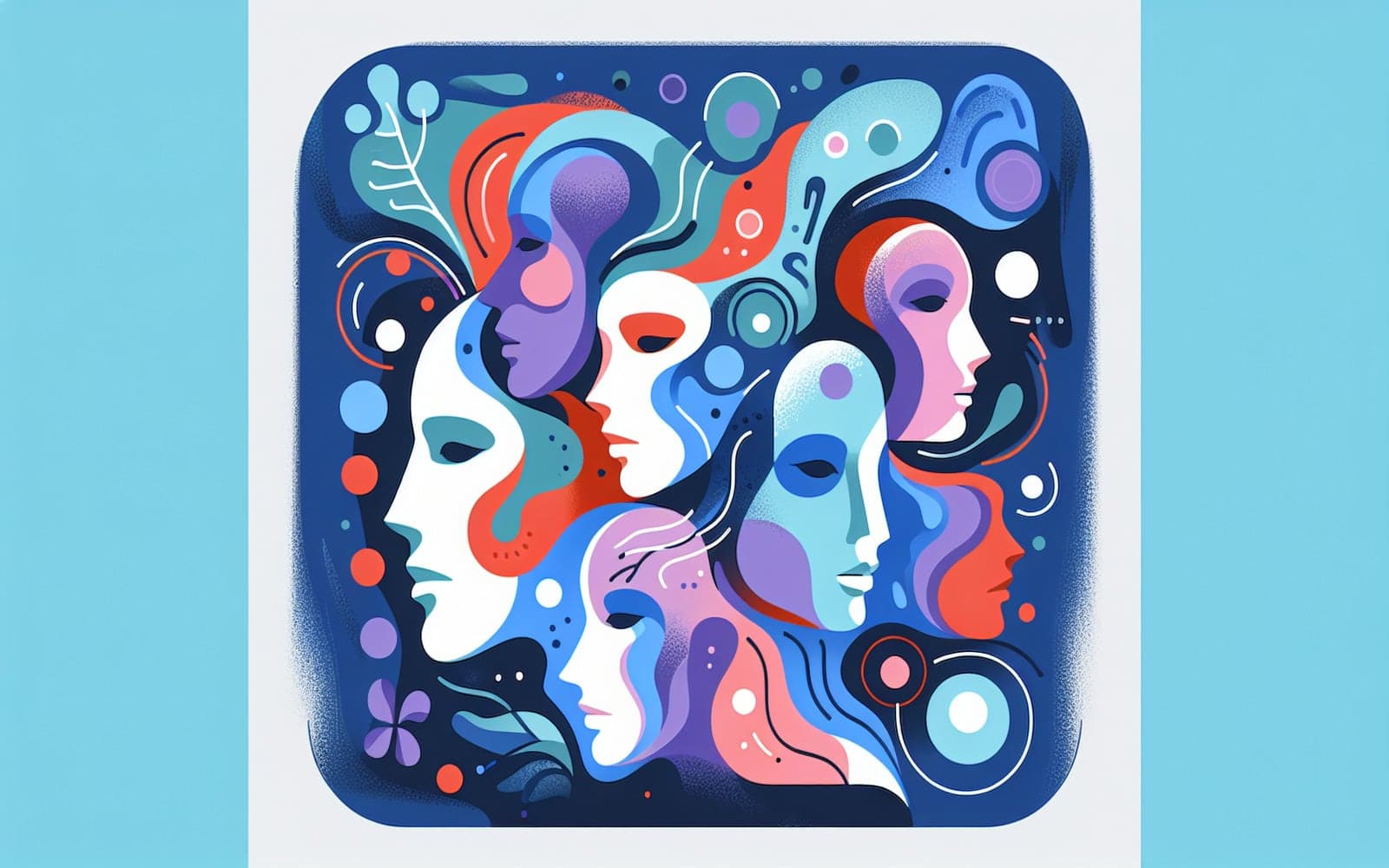Are You at Risk for Nocturia? Discover the Hidden Factors
Published: Apr 20, 2024
Ever wonder why you keep waking up at night to pee? This article uncovers the hidden factors that might be putting you at risk for nocturia.
Contents
Age and Gender Dynamics
Age plays a significant role in nocturia, with more people experiencing it as they get older. Interestingly, women are more prone to nocturia under 50, while men surpass women in prevalence after 60. The shift in gender dynamics suggests hormonal and physiological changes as contributing factors.
Health Conditions That Contribute
Several health conditions can increase the likelihood of nocturia. These include obesity, diabetes, heart failure, and sleep apnea. Depression and high blood pressure are also linked, showing a two-way street where nocturia could cause or be caused by these conditions.

Lifestyle Influences
Lifestyles can exacerbate nocturia risk. Consuming excessive fluids, especially caffeine or alcohol, before bed is a common culprit. Socioeconomic factors also play a role, with certain racial groups experiencing higher nocturia rates potentially due to stress and lifestyle differences.
Frequently Asked Questions
Yes, risk increases with age.
Yes, especially fluid intake and stress.
Yes, like diabetes and heart problems.
Yes, particularly some racial groups.
Key Takeaways
Understanding nocturia risk factors can help you make informed lifestyle choices and seek appropriate medical advice.
Explore your personal nocturia risk factors with Doctronic today.Related Articles
References
Markland AD, Vaughan CP, Johnson TM 2nd, et al. Prevalence of nocturia in United States men: results from the National Health and Nutrition Examination Survey. J Urol 2011; 185:998.
Kupelian V, Link CL, Hall SA, McKinlay JB. Are racial/ethnic disparities in the prevalence of nocturia due to socioeconomic status? Results of the BACH survey. J Urol 2009; 181:1756.
Always discuss health information with your healthcare provider.

